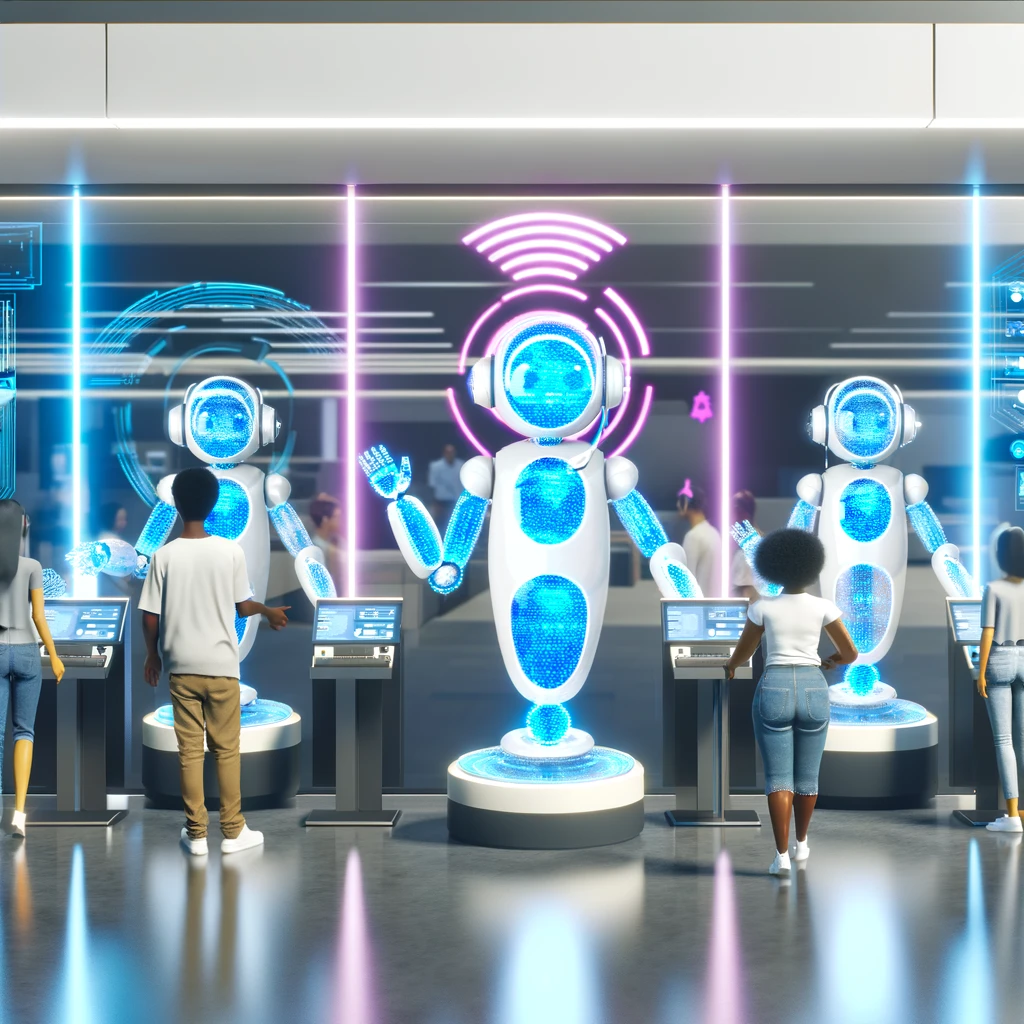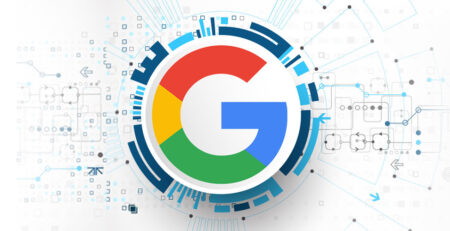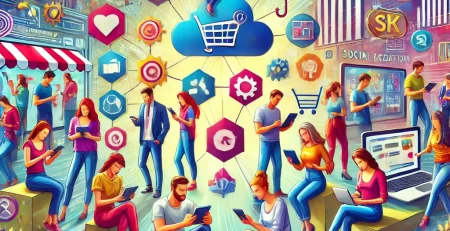The Rise of Chatbots: Enhancing Customer Experience
Revolutionizing Service with AI: How Chatbots Boost Efficiency and Satisfaction
In today’s digital age, the rapid rise of chatbots marks a pivotal shift in how customer service is managed across sectors. From retail to healthcare, businesses are rapidly adopting artificial intelligence (AI) driven tools like chatbots to enhance customer interactions, streamline operations, and deliver services more effectively. This comprehensive exploration delves into the transformative role of chatbots in customer service, examining their benefits, challenges, and future potential.
Understanding Chatbots and Their Integration
What Are Chatbots?
Chatbots are sophisticated AI programs designed to simulate conversations with human users. They operate on platforms such as websites, social media, and mobile apps, making them highly accessible to a broad audience. These virtual assistants can perform a range of functions, from answering FAQs to conducting entire conversations and processing transactions.
How Chatbots Are Integrated into Customer Service
Integration of chatbots into customer service strategies is becoming increasingly common due to their efficiency and scalability. They are implemented in various customer touchpoints to ensure a seamless service experience. For example, in e-commerce, chatbots assist customers by providing product recommendations based on user behavior and preferences.
The Extensive Benefits of Chatbots
1. Round-the-Clock Service
One of the foremost advantages of chatbots is their ability to provide continuous service. They are operational 24/7, regardless of time zones or holidays, ensuring that customer inquiries are addressed at all times, which enhances customer satisfaction and loyalty.
2. Handling High Volumes of Interactions
Chatbots can engage with countless customers simultaneously, making them incredibly effective during high traffic periods. This capability is crucial for businesses that experience spikes in customer inquiries, such as during sales or product launches.
3. Cost-Effective Customer Management
By automating routine tasks, chatbots significantly reduce the need for extensive customer service teams. This automation helps businesses save on labor costs while reallocating human resources to more complex and sensitive issues that require human empathy and decision-making skills.
4. Personalized Customer Experiences
Advanced chatbots equipped with machine learning algorithms can analyze user data and past interactions to personalize conversations. This personalization makes interactions feel more engaging and tailored to individual users, thereby increasing the effectiveness of marketing efforts and boosting customer satisfaction.
5. Valuable Insights Through Data Collection
Chatbots also serve as data collection tools that provide insights into customer behaviors and preferences. This data is invaluable for refining marketing strategies, improving product offerings, and optimizing overall customer experience.
Challenges and Considerations
Ensuring Privacy and Security
As chatbots collect and process vast amounts of personal information, ensuring data privacy and security is paramount. Businesses must implement robust security measures to protect sensitive information and comply with data protection regulations.
Overcoming Technological Limitations
While AI and machine learning have advanced significantly, chatbots are still prone to errors, especially in understanding complex language nuances and managing non-standard inquiries. Continuous development and training of AI models are essential to enhance their understanding and conversational abilities.
The Future Landscape of Chatbots in Customer Service
Advancements in AI and Machine Learning
Future developments in AI will likely focus on enhancing the emotional intelligence of chatbots to better recognize and respond to human emotions. This advancement will lead to more nuanced and contextually aware interactions, bridging the gap between human and machine-based customer service.
Integration with IoT and Other Technologies
The integration of chatbots with the Internet of Things (IoT) and other emerging technologies such as augmented reality (AR) could revolutionize customer service. For instance, chatbots could provide real-time support for users through AR interfaces, offering interactive and immersive ways to solve problems and enhance user engagement.
Expanding Roles Beyond Customer Service
Looking ahead, chatbots are expected to transcend traditional customer service roles. They could play integral parts in areas like healthcare for patient management, education for personalized learning experiences, and even in public services to improve accessibility and efficiency.
The Future Unfolded: Next Steps in Chatbot Evolution
The rise of chatbots is transforming the landscape of customer service, offering unprecedented levels of efficiency, scalability, and personalized service. As these technologies continue to evolve, they promise to play even more crucial roles in not only meeting but exceeding customer expectations. By investing in chatbot technologies, businesses are not just keeping up with trends; they are paving the way for a more interactive and automated future, ensuring they remain competitive and relevant in the ever-changing digital marketplace.










